Category: Archaeology
-
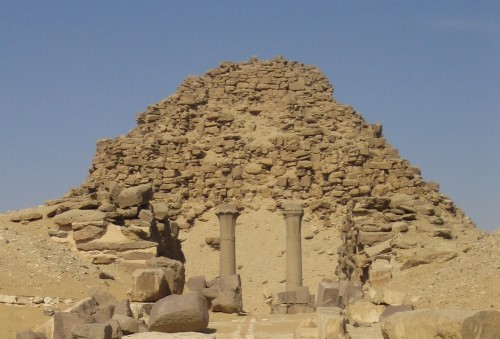
Tomb discovered of a fifth dynasty Egyptian queen
Czech archaeologists have discovered the tomb in Egypt of an unknown queen: Chentkaus III. She was probably the wife of a pharaoh who belonged to the fifth dynasty, about 4,500 years ago, according to the Egyptian Ministry of Antiquities. “It’s the first time we discover the name of the queen, who was unknown to us,…
-
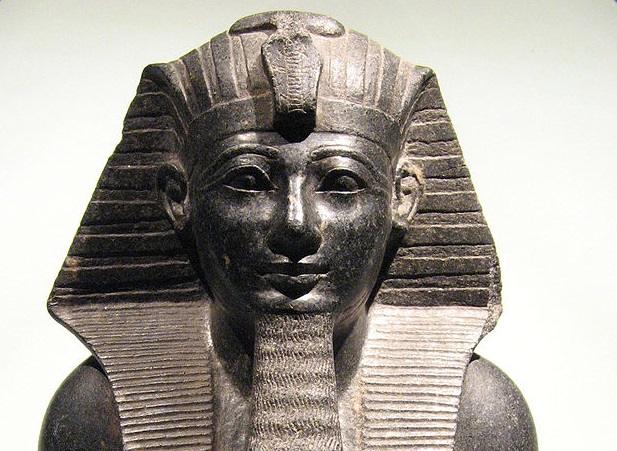
Golden jewellery found on a New Kingdom mummy
Archaeologists found a mummy while cleaning a Middle Kingdom (2000 BC – 17000 BC) burial site on Luxor’s west bank. The spanish archaeological mission led by Myriam Seco unearthed the mummy within the ruins of a temple of King Thutmose III. The mummy itself is in a poor state, but the jewellery found on the…
-
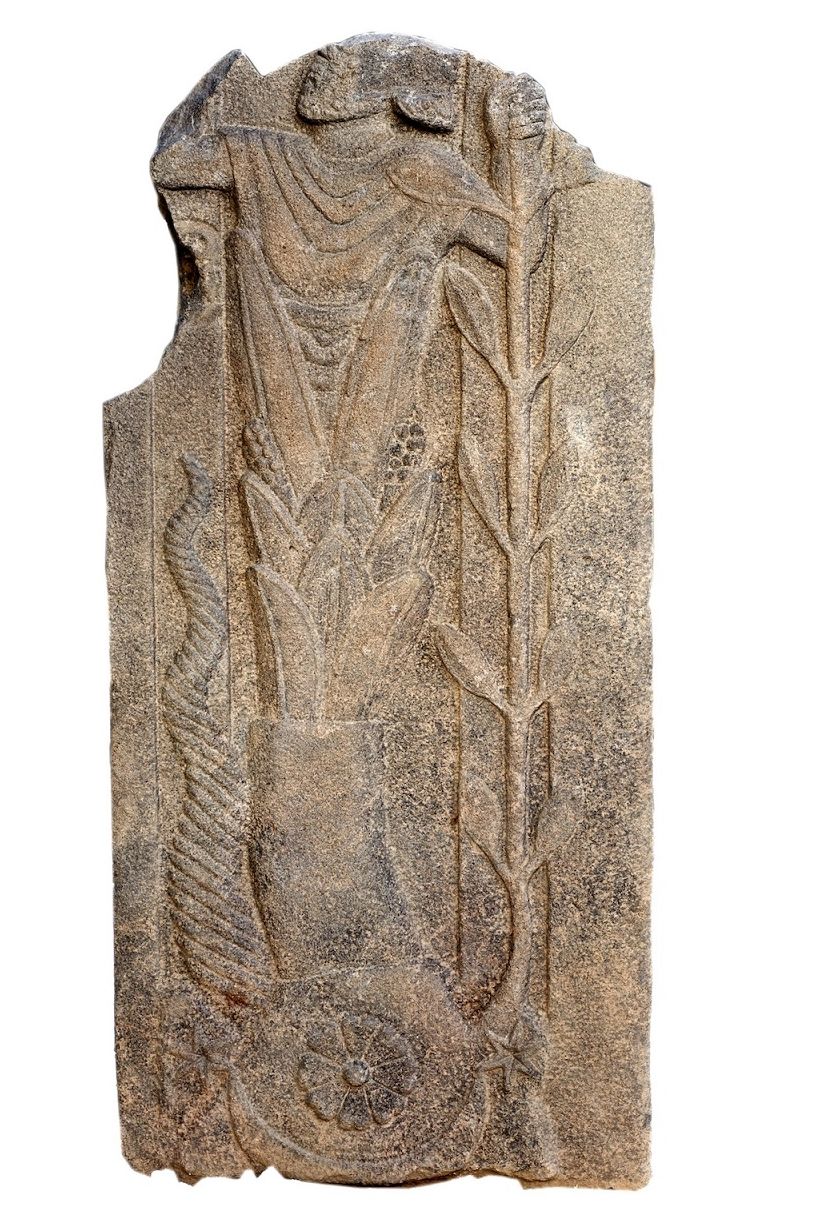
Archaeologists unearth an unknown Roman god
Unknown Roman god (photo: Peter Jülich) A Roman sanctuary is found in an ancient temple in the southeast of Turkey with a depiction of a mysterious and unknown Roman god in it. On it, the god rises up from a plant and may be a fusion of Near Eastern and Roman elements, and could be…
-

17th-century Dutch shipwreck discovered
March 3, 1677: The Dutch ship Huis de Kreuningen sunk in the southern Caribbean,during the Battle of Scarborough Harbour. The Dutch, who controlled the island of Tobago at the time, were attacked by the French. The battle was significant, both in terms of the number of lives lost and the damage done to both fleets.…
-
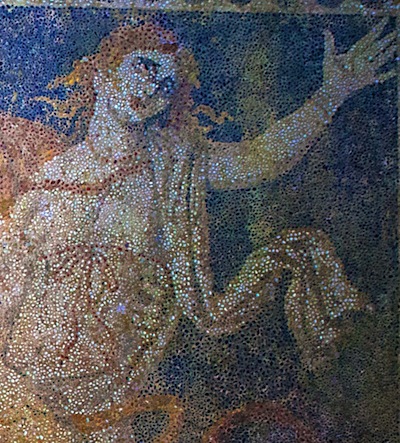
Mosaic of Persephone discovered in ancient tomb
A stunning mosaic of Persephone is discovered at the site of the newly excavated Amphipolis tomb. Earlier this week (DisputedPast reported) images from the other part of the mosaic were released by the Greek ministry of Culture. The mosaic is now fully uncovered and it can be interpret as a whole. The female figure, whom archaeologists…
-
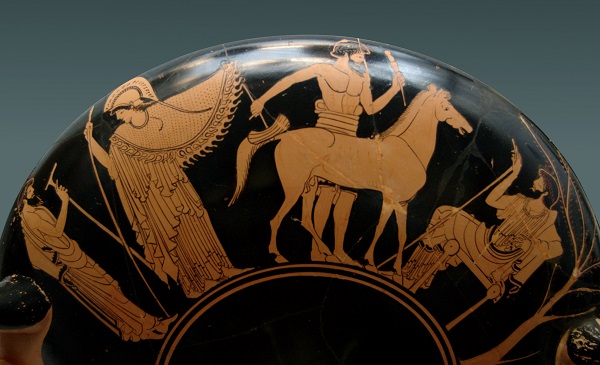
Aegean civilization ended 100 years earlier as presumed
Conventional estimates for the collapse of the Aegean civilization are around 1025 BC. Recent radiocarbon analyses of artifacts and plants suggests that the Greek Bronze Age probably ended 100 years earlier. The traditional dating was entirely based on historical dates, derived from Egypt and the Near East. These written records were combined with artefacts such…
-
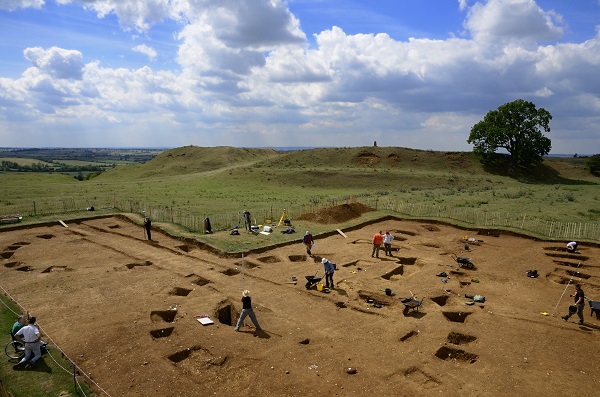
Celtic chariot (300 BC) discovered near Leicestershire
Archaeologists from the University of Leicester dug up the remains of a decorated Iron Age chariot. The Celtic vehicle, dating from the 2nd or 3rd century BC, seems to have been buried as a religious offering. Archaeologists found the remains during their ongoing excavation of the Burrough Hill Iron Age hillfort, near Melton Mowbray, Leicestershire. The…